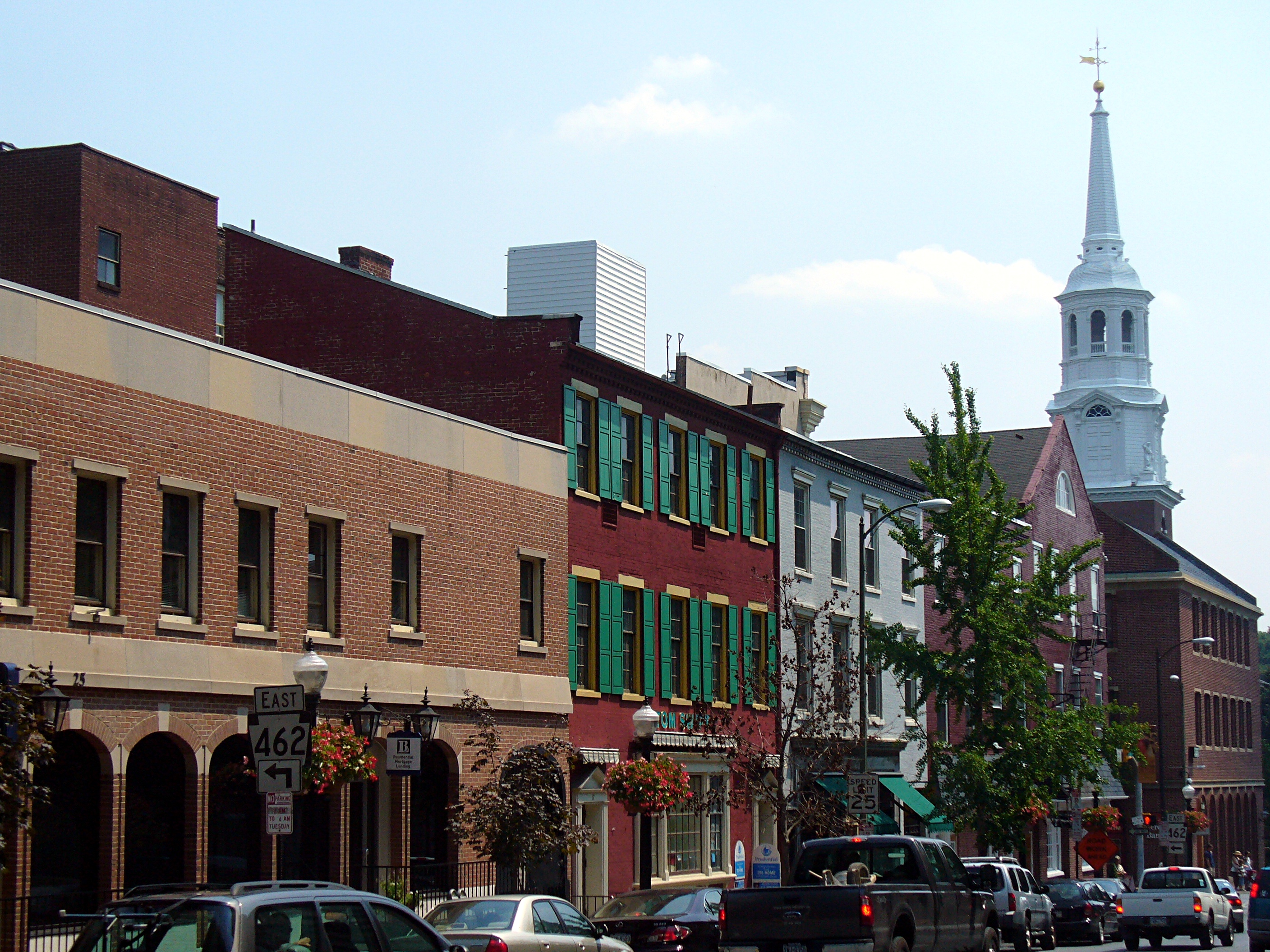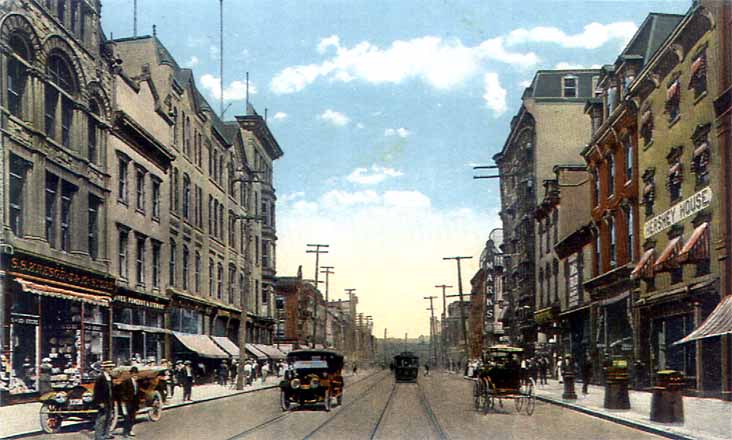|
1811 Pennsylvania Gubernatorial Election
The 1811 Pennsylvania gubernatorial election occurred on October 8, 1811. Incumbent Democratic-Republican governor Simon Snyder Simon Snyder (November 5, 1759November 9, 1819) was the third Governor of the Commonwealth of Pennsylvania, serving three terms from 1808 to 1817. He led the state through the War of 1812. Born in Lancaster, Pennsylvania, Snyder established a ... won re-election over Federalist candidate William Tilghman, the Chief Justice of the Pennsylvania Supreme Court, by a wide margin. Two of the major policy goals on which Snyder campaigned were increasing spending for infrastructural upgrades and authorizing the transfer of governmental operations from Lancaster to Harrisburgbr> Results References {{1811 United States elections Pennsylvania gubernatorial elections, 1811 Pennsylvania Gubernatorial November 1811 events ... [...More Info...] [...Related Items...] OR: [Wikipedia] [Google] [Baidu] |
Simon Snyder
Simon Snyder (November 5, 1759November 9, 1819) was the third Governor of the Commonwealth of Pennsylvania, serving three terms from 1808 to 1817. He led the state through the War of 1812. Born in Lancaster, Pennsylvania, Snyder established a gristmill in Selinsgrove, Pennsylvania. He was elected as a Justice of the Peace and served as a delegate to the 1790 Pennsylvania constitutional convention. He served in the Pennsylvania House of Representatives from 1797 to 1807, and won election as Speaker of the House. A member of the Democratic-Republican Party, he ran for governor in 1805 but was defeated by Thomas McKean. He won election as governor in 1808 and won re-election in 1811 and 1814. He was the first governor elected in Pennsylvania who was of German descent, and was also the first governor of Pennsylvania to issue a Thanksgiving Proclamation. Snyder presided over the establishment of Harrisburg as the state capital. He strongly supported the War of 1812 and was a ca ... [...More Info...] [...Related Items...] OR: [Wikipedia] [Google] [Baidu] |
William Tilghman
William Tilghman (August 12, 1756 – April 29, 1827) was the Chief United States circuit judge of the United States Circuit Court for the Third Circuit and chief justice of the Supreme Court of Pennsylvania. Education and career Born on August 12, 1756, in Talbot County, Province of Maryland, British America, Tilghman received an Artium Baccalaureus degree in 1772 from the College of Philadelphia (now the University of Pennsylvania), received a Master of Arts degree from the same institution and read law in 1783. He entered private practice in Talbot County, Maryland from 1783 to 1788. He was a delegate to the Maryland State Convention of 1788, to vote whether Maryland should ratify the proposed Constitution of the United States. He was a member of the Maryland House of Delegates from 1788 to 1790. He was a member of the Maryland Senate from 1791 to 1793. He resumed private practice in Philadelphia, Pennsylvania from 1794 to 1801. Federal judicial service Tilghman ... [...More Info...] [...Related Items...] OR: [Wikipedia] [Google] [Baidu] |
Pennsylvania Supreme Court
The Supreme Court of Pennsylvania is the highest court in the Commonwealth of Pennsylvania's Unified Judicial System. It also claims to be the oldest appellate court in the United States, a claim that is disputed by the Massachusetts Supreme Judicial Court. The Supreme Court of Pennsylvania began in 1684 as the Provincial Court, and casual references to it as the "Supreme Court" of Pennsylvania were made official in 1722 upon its reorganization as an entity separate from the control of the royal governor. Today, the Supreme Court of Pennsylvania maintains a discretionary docket, meaning that the Court may choose which cases it accepts, with the exception of mandatory death penalty appeals, and certain appeals from the original jurisdiction of the Commonwealth Court. This discretion allows the Court to wield powerful influence on the formation and interpretation of Pennsylvania law. History The Original Pennsylvania constitutions, drafted by William Penn, established a Provi ... [...More Info...] [...Related Items...] OR: [Wikipedia] [Google] [Baidu] |
Lancaster, Pennsylvania
Lancaster, ( ; pdc, Lengeschder) is a city in and the county seat of Lancaster County, Pennsylvania. It is one of the oldest inland cities in the United States. With a population at the 2020 census of 58,039, it ranks 11th in population among Pennsylvania's municipalities. The Lancaster metropolitan area population is 507,766, making it the 104th-largest metropolitan area in the U.S. and second-largest in the South Central Pennsylvania area. The city's primary industries include healthcare, tourism, public administration, manufacturing, and both professional and semi-professional services. Lancaster is a hub of Pennsylvania's Dutch Country. Lancaster is located southwest of Allentown and west of Philadelphia. History Originally called Hickory Town, the city was renamed after the English city of Lancaster by native John Wright. Its symbol, the red rose, is from the House of Lancaster. Lancaster was part of the 1681 Penn's Woods Charter of William Penn, and was laid ... [...More Info...] [...Related Items...] OR: [Wikipedia] [Google] [Baidu] |
Harrisburg
Harrisburg is the capital city of the Pennsylvania, Commonwealth of Pennsylvania, United States, and the county seat of Dauphin County, Pennsylvania, Dauphin County. With a population of 50,135 as of the 2021 census, Harrisburg is the List of cities and boroughs in Pennsylvania by population, 9th largest city and 15th largest municipality in Pennsylvania. Harrisburg is situated on the east bank of the Susquehanna River. It is the larger principal city of the Harrisburg–Carlisle metropolitan statistical area, also known as the Susquehanna Valley, which had a population of 591,712 as of 2020, making it the Pennsylvania metropolitan areas, fourth most populous metropolitan area in Pennsylvania after the Delaware Valley, Philadelphia, Greater Pittsburgh, Pittsburgh, and Lehigh Valley metropolitan areas. Harrisburg played a role in American history during the American frontier, Westward Migration, the American Civil War, and the Industrial Revolution. During part of the 19th cen ... [...More Info...] [...Related Items...] OR: [Wikipedia] [Google] [Baidu] |
Pennsylvania Gubernatorial Elections
The election of the Governor of the Commonwealth of Pennsylvania occurs when voters in the U.S. Commonwealth of Pennsylvania select the Governor and Lieutenant Governor for the ensuing four years beginning at noon on the third Tuesday of January following the election. Pennsylvania gubernatorial elections were held triennially beginning with the first election in 1790 until 1878. Gubernatorial elections have been held quadrennially since the election of 1882. Gubernatorial general elections are held on Election Day, coinciding with various other federal, statewide, and local races. Per Article II of the 1790 Pennsylvania Constitution, gubernatorial elections were held triennially on the second Tuesday of October, with the three-year term commencing on the third Tuesday of December immediately following the election. Incumbents were permitted to serve for a maximum of nine years out of any period of twelve years. Ties were to be resolved, pursuant to the same document, by a joint ... [...More Info...] [...Related Items...] OR: [Wikipedia] [Google] [Baidu] |
1811 United States Gubernatorial Elections
Events January–March * January 8 – An unsuccessful slave revolt is led by Charles Deslondes, in St. Charles and St. James Parishes, Louisiana. * January 17 – Mexican War of Independence – Battle of Calderón Bridge: A heavily outnumbered Spanish force of 6,000 troops defeats nearly 100,000 Mexican revolutionaries. * January 22 – The Casas Revolt begins in San Antonio, Spanish Texas. * February 5 – British Regency: George, Prince of Wales becomes prince regent, because of the perceived insanity of his father, King George III of the United Kingdom. * February 19 – Peninsular War – Battle of the Gebora: An outnumbered French force under Édouard Mortier routs and nearly destroys the Spanish, near Badajoz, Spain. * March 1 – Citadel Massacre in Cairo: Egyptian ruler Muhammad Ali kills the last Mamluk leaders. * March 5 – Peninsular War – Battle of Barrosa: A French attack fails, on a larger ... [...More Info...] [...Related Items...] OR: [Wikipedia] [Google] [Baidu] |
1811 Pennsylvania Elections
Events January–March * January 8 – An unsuccessful slave revolt is led by Charles Deslondes, in St. Charles and St. James Parishes, Louisiana. * January 17 – Mexican War of Independence – Battle of Calderón Bridge: A heavily outnumbered Spanish force of 6,000 troops defeats nearly 100,000 Mexican revolutionaries. * January 22 – The Casas Revolt begins in San Antonio, Spanish Texas. * February 5 – British Regency: George, Prince of Wales becomes prince regent, because of the perceived insanity of his father, King George III of the United Kingdom. * February 19 – Peninsular War – Battle of the Gebora: An outnumbered French force under Édouard Mortier routs and nearly destroys the Spanish, near Badajoz, Spain. * March 1 – Citadel Massacre in Cairo: Egyptian ruler Muhammad Ali kills the last Mamluk leaders. * March 5 – Peninsular War – Battle of Barrosa: A French attack fails, on a large ... [...More Info...] [...Related Items...] OR: [Wikipedia] [Google] [Baidu] |




